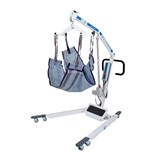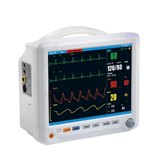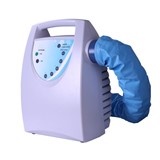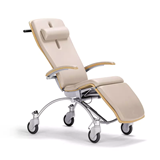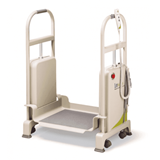Unfortunately, this is more common than many health practitioners realise with nearly half of all outpatients failing to follow the recommended medical regimen upon leaving the clinic.
The issue of patient adherence has a significant impact on health outcomes and there are several things you can do to improve the chance of success.
Keep it simple
Most patients try to follow the advice they receive, but it can be difficult when the treatment is complicated. With a poor memory or particularly busy lifestyle, many individuals find themselves with poor adherence.
When devising a treatment plan, consider the necessity of each element. Is twice daily dosing necessary, or is there an alternative once-daily medication?
Is there a combination medication that can simplify the regimen? If simplification is possible to make it easier for the patient to be adherent, it should be done.
Involve the patient
Beyond forgetfulness, some patients choose not to be adherent because they don't agree with the treatment plan or feel that they don't need the medication. How can a health professional deal with intentional non-adherence?
Ask the patient how they feel about the suggested medical regimen and if they have any particular concerns, address them and explain why the treatment is important. In some cases, altering the treatment plan slightly may increase adherence and improve overall outcomes.
Communicate clearly
Communication is key in good patient adherence because a good understanding of the treatment plan is needed in order to follow it.
Use simple language and reinforce the key points to ensure that the patient is clear about what they need to do can help with this. At the end of the consultation, ask them to explain the regimen to you to help iron out any possible confusion.
Tailor the plan
Each individual has a unique lifestyle and specific needs to help him or her to follow a medical regimen. Involve them in the planning process and create a plan that is a good fit for them.
If the patient has particular communication needs, such as language or hearing difficulties, enable them to understand with a translator or visual aids.
Get feedback
Adherence is a continuous issue that needs to be revisited frequently. Each time the patient comes in for a consultation, ask them how they are going with their medications.
It is best to keep the questions open and non-accusative to foster a good relationship with the patient and allow them to comfortably admit if they are having any issues.
Implement strategies
For patients that are having trouble remembering to take medication as needed, there are several techniques that may help to improve adherence.
Incorporating medication doses into other normal daily routines, such as brushing teeth or a morning coffee, can help forgetful patients to remember doses. For particularly complicated regimens with multiple medications, a medication organiser such as a Webster pack may be useful.




